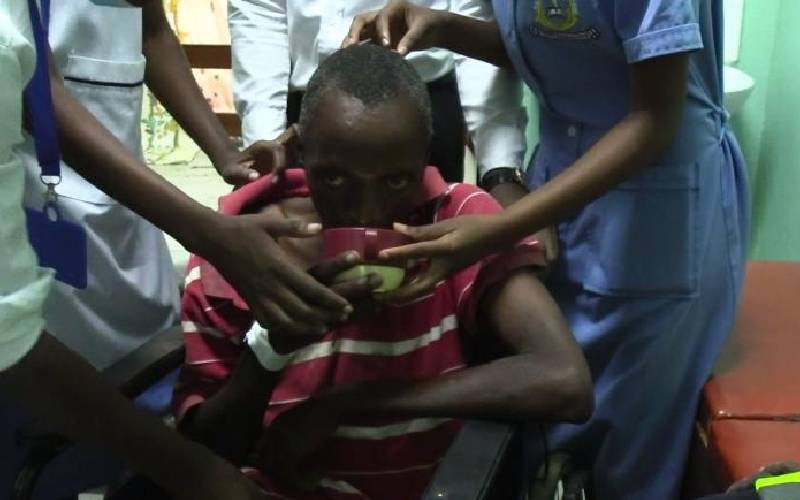×
The Standard e-Paper
Smart Minds Choose Us

Ben Amani left Hola town in Tana River County in August, 2021, armed with Sh15,000 to buy a piece of land at Shakahola in Kilifi. He was ready to start a new life as he "waited to meet Jesus Christ."
The 45-year-old is one of the survivors of the deadly fast, which has shocked the country after claiming dozens of lives.